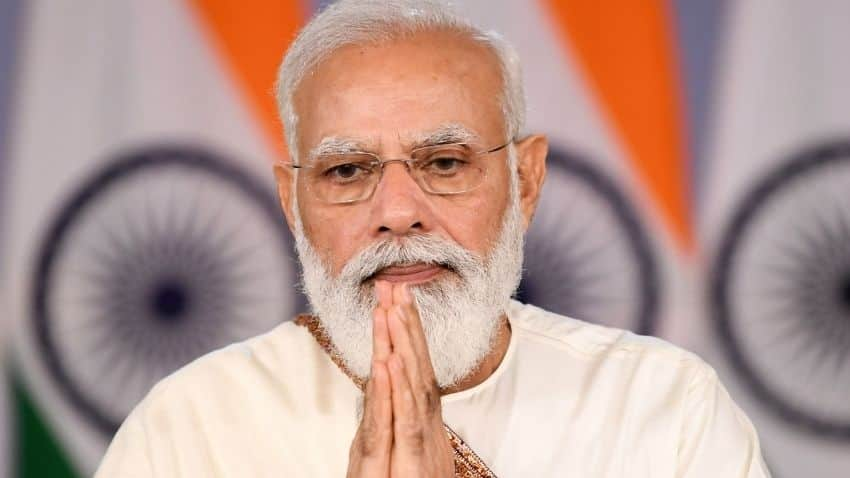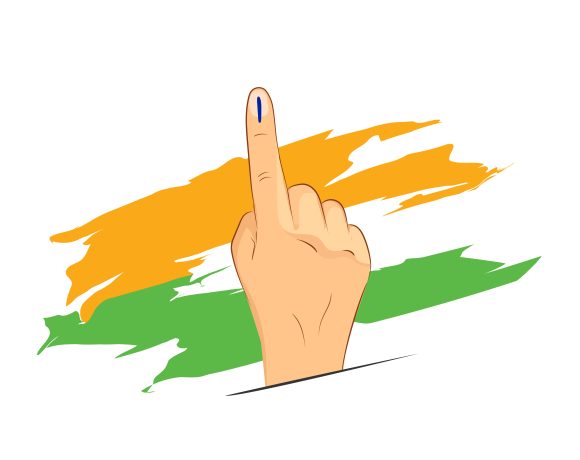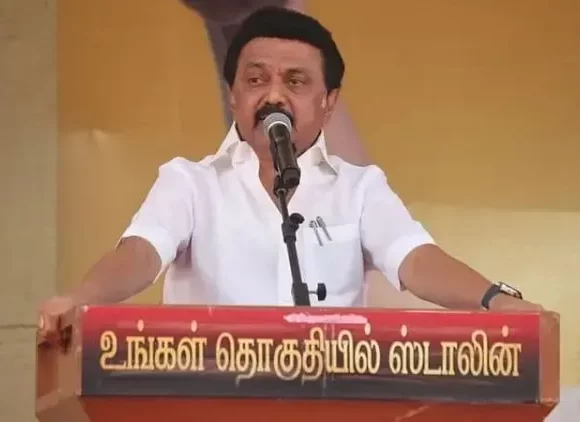
Modi to Visit Cyprus Amid EU Tour and Turkey–Pakistan Strains
Prime Minister Narendra Modi will make a rare and strategically significant visit to Cyprus en route to the G7 Summit in Canada and onward to Croatia. This marks only the third visit to Cyprus by an Indian leader—after Indira Gandhi in 1983 and A B Vajpayee in 2002—signifying New Delhi’s growing focus on strengthening ties within the EU.
Modi Cyprus
Cyprus is gearing up to assume the rotating presidency of the EU Council, making Modi’s visit particularly timely. By choosing Cyprus as a stopover ahead of Canada’s G7 Summit (15–17 June), India is signaling its intent to deepen bilateral engagement within strategic European circles.
EU visit
Following Cyprus, Modi will attend the G7 outreach session in Canada before heading to Croatia—another first-ever visit by an Indian prime minister. Initially planned last month, this leg had been postponed due to heightened Indo–Pakistan tensions. The itinerary aims to expand India’s presence in critical European corridors and to bolster cultural, political, and defense partnerships.
Turkey–Pakistan context
Modi’s Cyprus visit takes on additional diplomatic significance amid mounting tensions involving Turkey and Pakistan. Ankara has openly supported Islamabad in recent India–Pakistan hostilities, prompting India to strengthen ties with EU nations such as Cyprus and Greece. The visit is viewed as a clear message of India’s intent to realign alliances and build robust partnerships with EU nations opposed to Turkey’s regional posture.
Strategic implications
This diplomatic move highlights India’s evolving outreach strategy: balancing global partnerships. In recent years, India has actively backed Cyprus on issues like Kashmir and supported its EU Council role, while Cyprus has backed India at the UN and in the Nuclear Suppliers Group. Strengthening ties with EU states is part of India’s wider push to diversify its global alliances in response to shifting geopolitics.
Bilateral expectations
Modi’s visit is expected to yield concrete outcomes across defense collaboration, energy cooperation, and infrastructure investments. Joint statements and potential agreements may underscore shared commitments on security and regional stability. The momentum will continue with the scheduled Croatia visit, enhancing India’s strategic engagement across southern Europe.


















